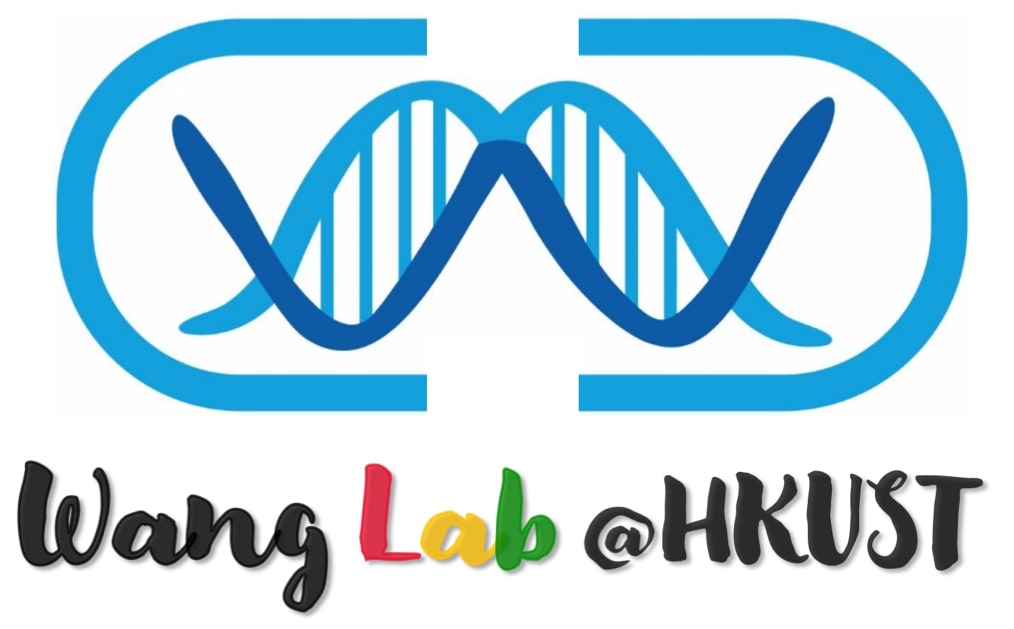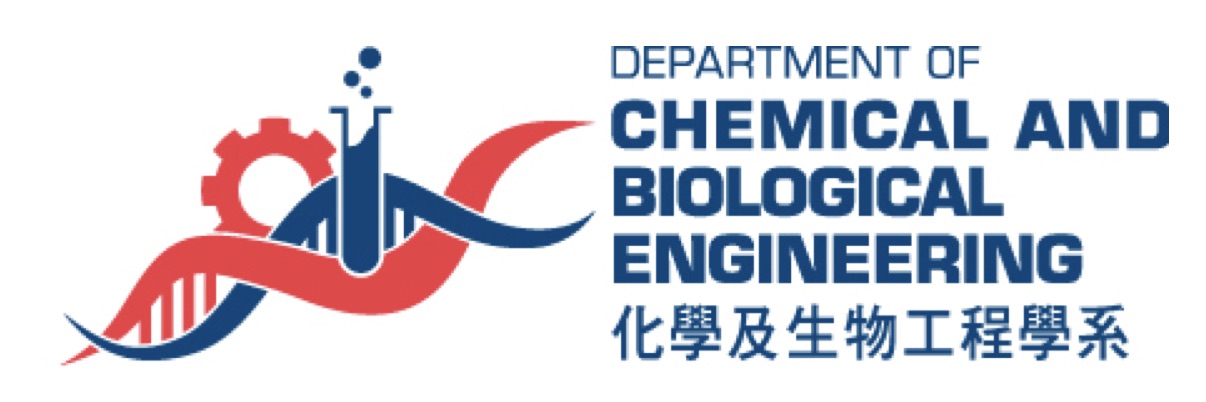Alumni
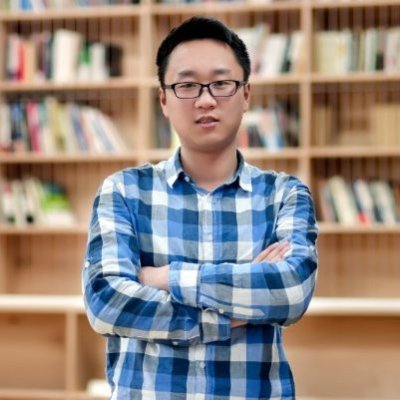
Quanhua MU (母全華)
Research Assistant Professor
2017.2.13 -- 2024.7.7, PhD in Bioengineering, HKUST
Quanhua MU is a Research Assistant Professor at the Department of Chemical and Biological Engineering. He received his Bachelor's and Master's degree from Nankai University in 2013 and 2016, respectively. He then joined the Wang lab in Feb 2017 as a PhD student, working on finding novel drivers and potential drug targets in gliomas. In August 2020 he obtained his Ph.D. degree, and continued to working in the lab, focusing on developing novel bioinformatics and computational tools to track glioma evolution. He will join HK PolyU as an assistant professor in 2024.
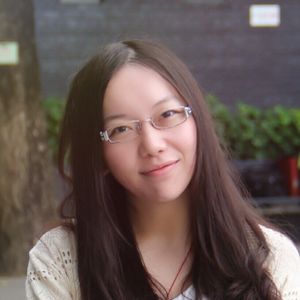
Yiyun Chen
Postdoctoral Researcher
Yiyun Chen was a PhD student (February 2017 - August 2021) and Postdoctoral Fellow (September 2021 - May 2022) at Professor Jiguang Wang’s Lab. During the period, her main research directions include: (1) identification, prioritization and functional prediction of cancer-related long noncoding RNAs; (2) analysis of the single-cell immune microenvironment landscape and glioma-monocyte crosstalks in cancer evolution. She achieved seven publications and was awarded the George K Lee Foundation Scholarship and School of Science Postgraduate Research Excellence Award during her PhD study. She is now working on CAR-T clinical trials in pediatric and adult glioma as a Postdoctoral Fellow at Stanford University.

Yoonhee Nam
PhD student
Yoonhee Nam was a PhD student in Professor Jiguang Wang's Lab. She obtained her Bachelor degree in Biochemistry (Chemistry) with a minor in Biology at Purdue University in 2016. During her undergraduate studies, she worked in Dr. Philip S. Low's lab as an undergraduate research assistant. She helped with the synthesis of small molecules and protein linkers to achieve bone anabolism. She started the PhD program at Division of Life Science, HKUST, in February 2017. Her research focus is genomic data analysis for improvement of cancer treatments and also discovering the pathogenesis of Arteriovenous malformation in brain. She is now a Postdoctoral Fellow at Columbia University, in the city of New York.
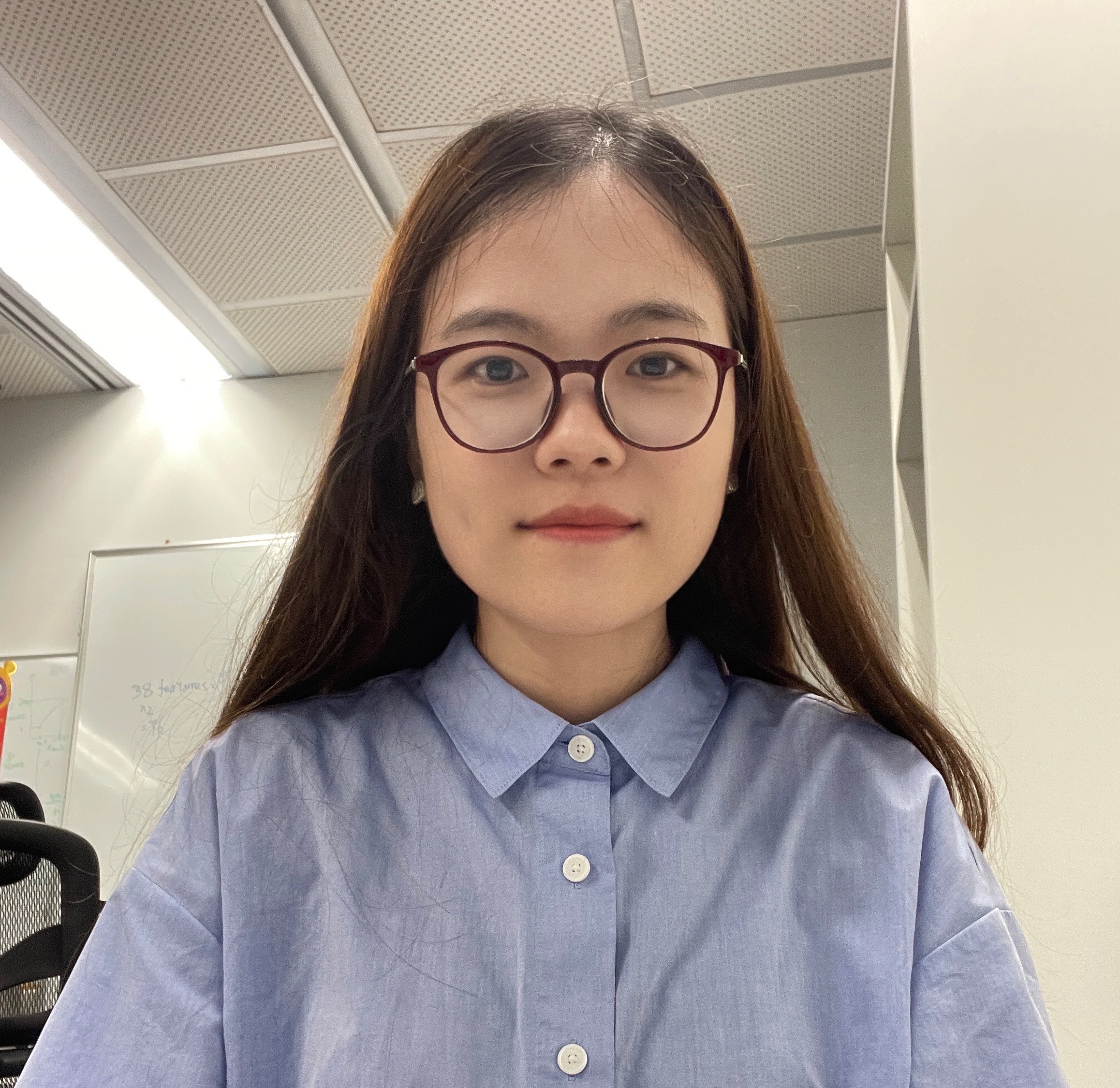
Yingxi YANG (楊影茜)
Postdoctoral Researcher
2019.8.15 -- 2024.7.26, PhD in Bioengineering, HKUST
Yingxi Yang conducted her Ph.D. studies from August 2019 to July 2023 and then continued as a Postdoctoral Fellow until July 2024 at Professor Jiguang Wang’s Lab. Her research primarily focused on discovering new genomic and immune biomarkers in brain vascular malformations and identifying potential targets for drug-resistant cancers. She also contributed to the development of tools such as CELLO2, TMZEP, DeepDRK, and others. During her PhD study, she was awarded Chan Tak Kei & Wong Kwai Ying Bioengineering Student Research Award and RedBird Academic Excellence Award. Currently, she is working at Harvard Medical School as a Research Fellow.
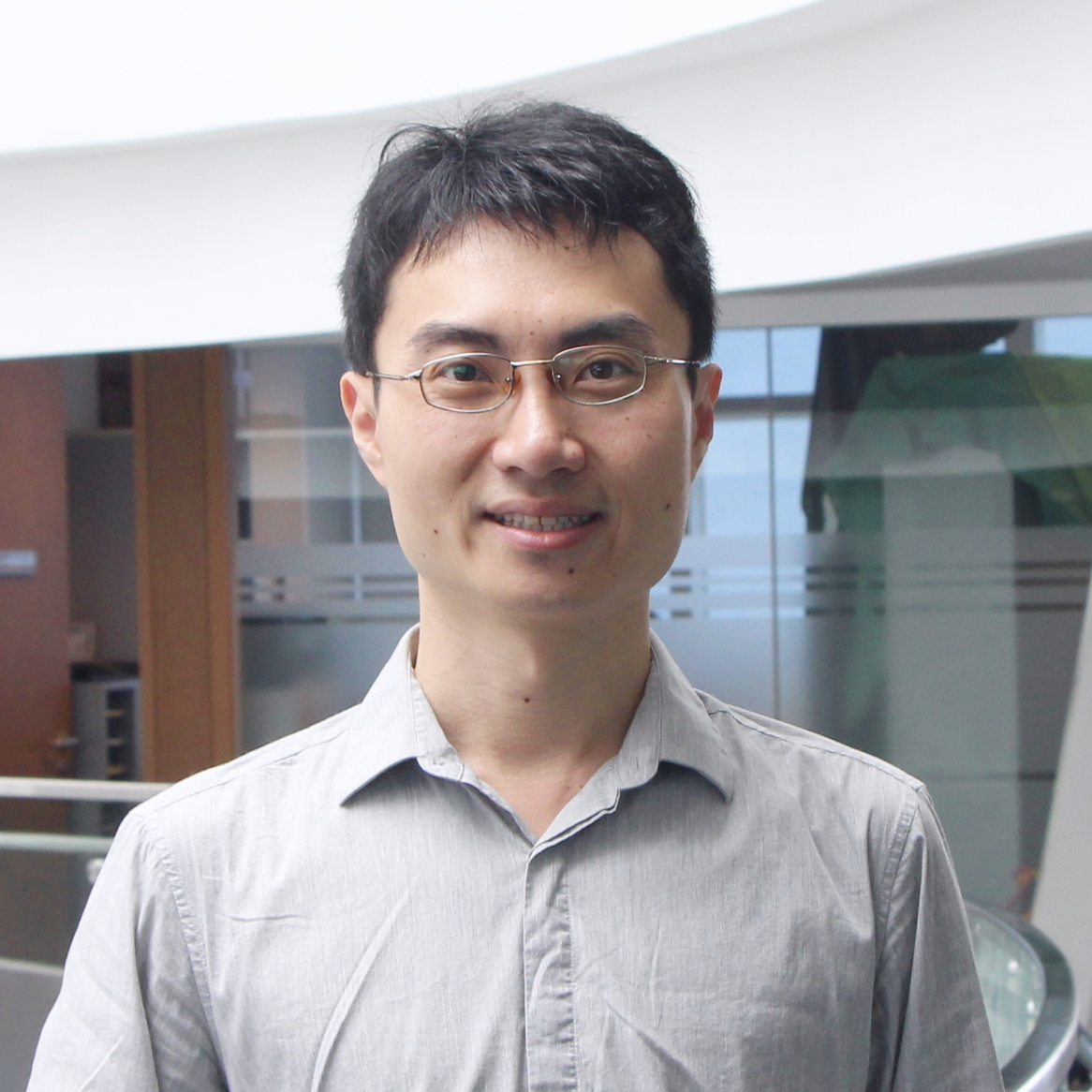
Biaobin Jiang
Postdoctoral Researcher
Biaobin Jiang was a Postdoctoral Researcher at Prof. Jiguang Wang’s Lab from March 2017 to June 2020. He obtained his Bachelor degree in Pharmaceutical Engineering at Beijing Institute of Technology in 2009. After one-year research intern at Academy of Mathematics and Systems Science, Chinese Academy of Sciences, he attended graduate school at Purdue University, where he earned his Ph.D. in Computational Biology in 2016. He then moved to Icahn School of Medicine at Mount Sinai, New York, for postdoc training. He joined in the Department of Biomedical Engineering, HKUST, as a Postdoctoral Researcher in March 2017. During his period at Wang Lab, he focused on precision oncology driven by Next-Generation Sequencing data, including metastatic risk assessment, statistical detection of low-frequency mutations, and quantification of tumor mutation burden. He is currently working at Tencent AI Healthcare.
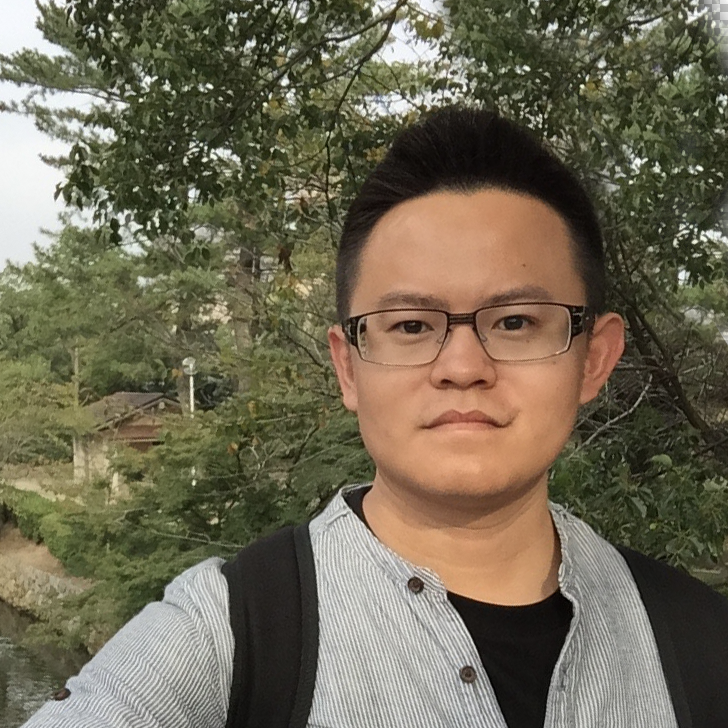
Zhaoshi Bao
Postdoctoral Researcher
ZhaoShi Bao was a Postdoctoral Researcher at Prof. Jiguang Wang’s Lab from Febuary 2019 to Febuary 2020. He obtained his Bachelor and Master degrees in Clinical Medicine at the Capital Medical University in 2011. After three-year research at Beijing Tiantan Hospital, Capital Medical University, he earned his M.D. and Ph.D. degrees in Neurosurgery in 2014. He then joined in the Department of Neurosurgery at Beijing Tiantan Hospital in Aug 2014, where he was named as an attending doctor in Dec 2017. During the period at Wang Lab, his major research interest was personalized medicine for patients with glioma. Dr. Bao has been selected as a recipient of the Beijing Distinguish Young Scientists Fund in August 2020. He is now an independent PI in Beijing Tiantan Hospital.
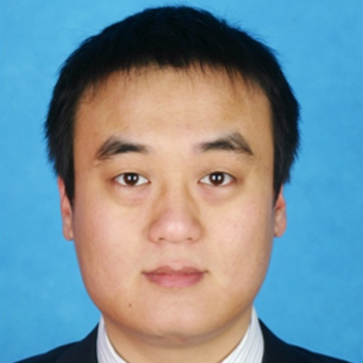
Ruichao Chai (柴睿超)
Postdoctoral Researcher
Ruichao Chai was a Post-doctoral Fellow working in the Wang Lab. He received his Bachelor's and Doctor's degree from Peking University in 2010 and 2013, respectively (eight year’s program for basic medicine). He had worked in a biotechnology company developing and managing new platforms for molecular testing from 2013 to 2017. Then he worked at the Beijing Tiantan Hospital/Beijing Neurosurgical Institute as an Associate Research Fellow/Associate Professor of molecular pathology of gliomas. He joined the Wang lab in July 2022 as a Post-doctoral Fellow, working on finding novel drivers, biomarkers, and potential drug targets in gliomas. He is now an independent PI in Beijing Tiantan Hospital.
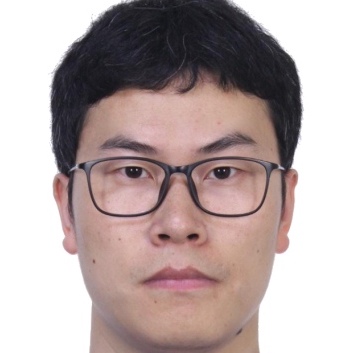
Zheng ZHAO (趙征)
Postdoctoral Researcher
2022.12 -- 2023.12, PhD in Biomedical Engineering, Harbin Medical University
Zheng Zhao was a Post-doctoral Fellow working in the Wang Lab. He received his Bachelor and Ph.D. degree from Harbin Medical University in 2011 and 2016, respectively. During 2016 to 2022, he worked at the Beijing Neurosurgical Institute, working on establishing the molecular classification of gliomas and developing biomedical databases. He joined the Wang lab in December 2022 as a Post-doctoral Fellow, working on exploring tumor immune microenvironment and heterogeneity. He is now an independent PI in Beijing Tiantan Hospital.
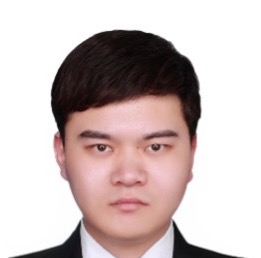
Junyi Xin (辛俊逸)
Postdoctoral Researcher
Junyi Xin is a Post-doctoral Fellow working in the Wang Lab. He received his Bachelor and Ph.D. degree from Nanjing Medical University in 2016 and 2021, respectively. During his Ph.D. training, he focuses on the application of genetic epidemiology in gastrointestinal cancer. In August 2021, he joined the Wang lab as a Post-doctoral Fellow, working on the cancer genomics study. He is now an Associate Professor in the Department of Bioinformatics, Nanjing Medical University.
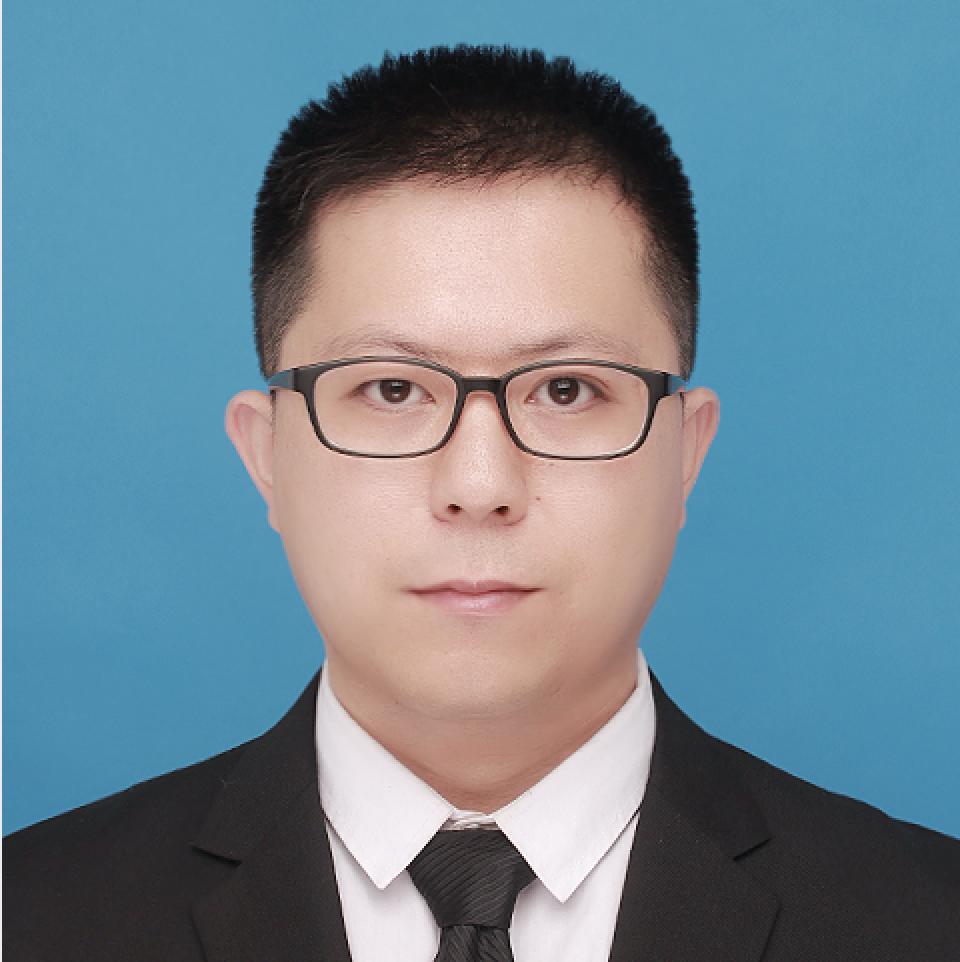
Yumeng GUO (郭雨萌)
Postdoctoral Researcher
2020.9.29 -- 2024.10.31, PhD in Computer Science, PolyU;
PhD in Control Science and Engineering, Tongji University
Yumeng GUO is a Post-doctoral Fellow working in the Wang Lab. He received his Bachelor and Ph.D. degree from Tongji University in 2013 and 2019, respectively. In June 2021 he obtained his Joint Ph.D degree from Hong Kong Polytechnic University. He joined the Wang lab in Sep 2020 as a Post-doctoral Fellow, working on whole slide image (WSI) classification task with novel machine learning methods and deep learning techniques.
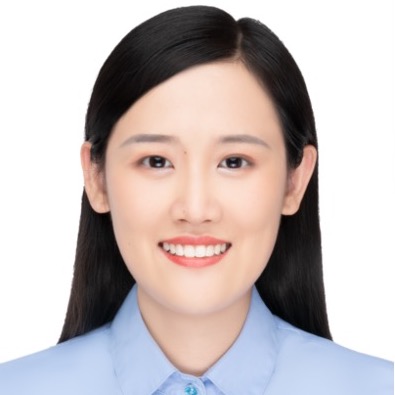
Haixia SHANG (尚海霞)
Postdoctoral Researcher
2021.7.2 -- 2024.8.30, PhD in Biomedical Engineering, Shandong University
Haixia SHANG is a Post-doctoral Fellow working in the Wang Lab. She received her Bachelor's degree from Shandong University in 2016. Then, she continued to pursue a master degree in Shandong University with guide of Professor Shoushui Wei, her research focuses on developing methods for identifying feature points and classifying wave morphology of biomedical signal, especially ECG signals. In 2018, she transferred into a Phd candidate, and started to pursue a doctor degree in Shandong University with guide of Professor Zhi-ping Liu, her research focuses on developing computational methods especially network-based methods for identifying disease genes or biomarkers of complex diseases. In June 2021, she obtained her Ph.D. degree, and joined in Wang Lab, her research focused on developing novel bioinformatics and computational tools to track glioma evolution.
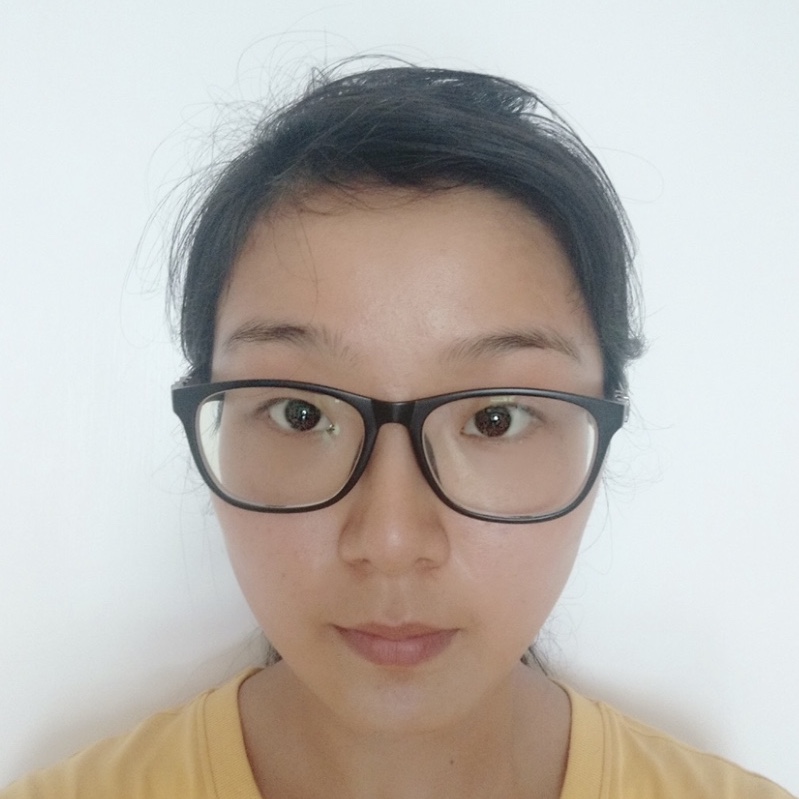
Xiaowei Wang (王曉唯)
Postdoctoral Researcher
Xiaowei Wang is a Post-doctoral Fellow working in the Wang Lab. She received her Bachelor's degree from Beijing Normal University in 2016. From 2016 to 2020, she transferred into a PhD candidate, and started to pursue a doctor degree in HKUST guided by Professor Xuhui Huang. Her PhD research focuses on elucidating functional conformational changes of DNA motors by using the molecular dynamic simulations and Markov state models. And she joined in Wang Lab and focused on the molecular mechanism of the transcription of RNA polymerases. Currently she is working in Jiangsu Hengrui Pharmaceuticals Co., Ltd.

Hui WANG (王輝)
Postdoctoral Researcher
2022.8.1 -- 2024.8.2, PhD in Computer Science and Technology, Chinese Academy of Sciences
Hui WANG was a Post-doctoral Fellow working in the Wang Lab. He received his Bachelor degree from University of Science and Technology Beijing in 2017. Then he continued pursue a Ph.D. degree in Institute of Computing Technology Chinese Academy of Sciences in 2022. During his Ph.D. training, he focuses on the structural identification algorithm of glycan using mass spectrometry. In August 2022, he obtained his Ph.D. degree, and joined the Wang lab as a Post-doctoral Fellow, working on the proteomics of glioma. He is now working on cancer proteomics as a Postdoctoral Fellow at Harvard Medical School.
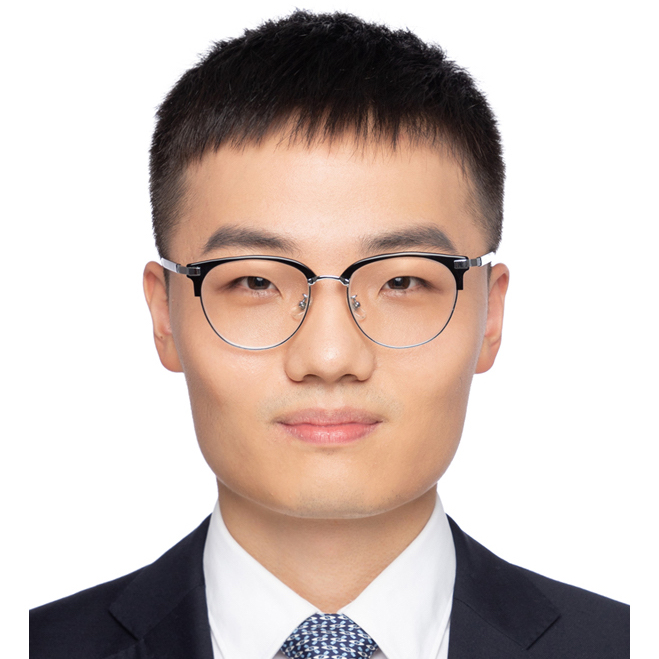
Yunqing LIU (劉雲清)
Postdoctoral Researcher
2023.11.13 -- 2024.8.9, PhD in Mechanical Engineering, SJTU
Yunqing Liu was a Post-doctoral Fellow in Professor Jiguang Wang’s lab. During this period, his research focused on: (1) Foundation models for MRI imaging diagnosis; and (2) Genomic analysis for rare neurological and respiratory diseases using second-generation sequencing data. He earned his bachelor's degree from Shandong University in 2018 and completed his doctoral studies at the School of Mechanical Engineering, Shanghai Jiao Tong University in 2023, where his research centered on AI CV CNN-based models for ECG imaging diagnosis. He will join Fujitsu as a Machine Learning Engineer in 2024.
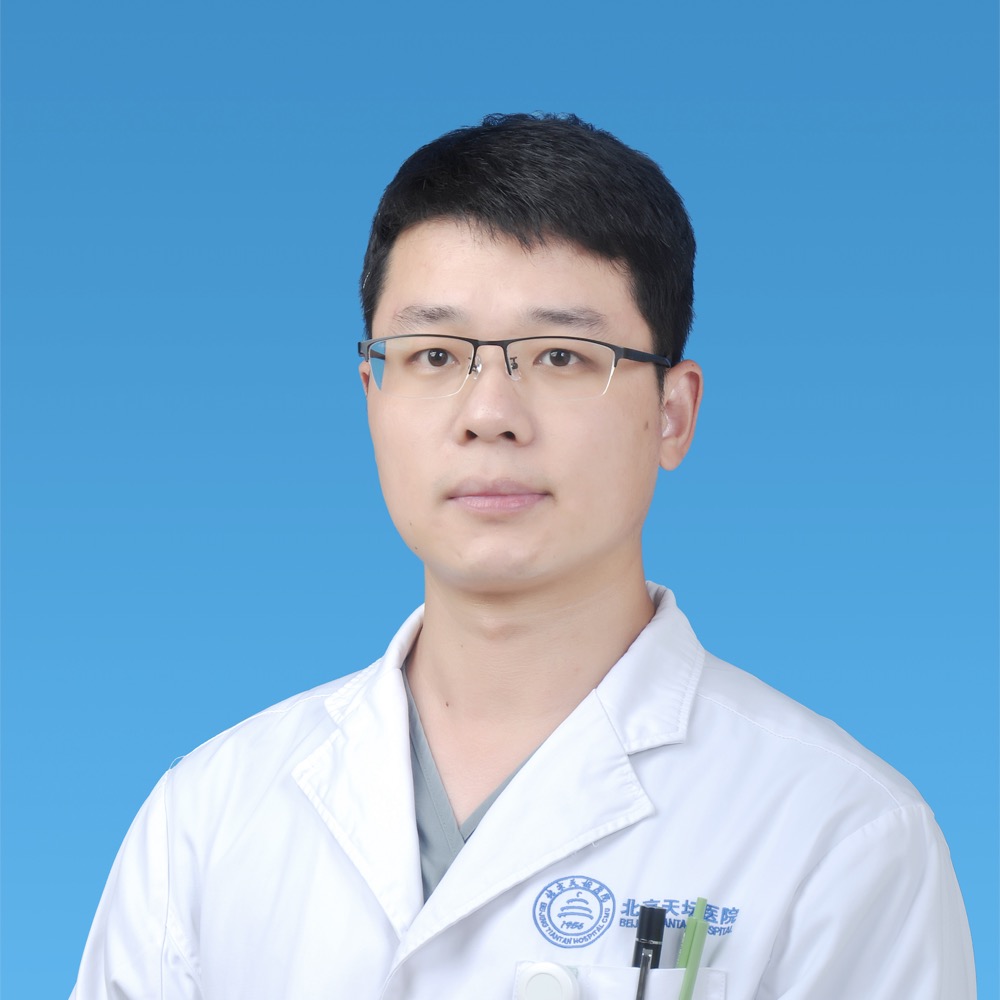
Zheng WANG (王政)
Postdoctoral Researcher
2023.11.01 -- 2024.10.31, PhD in Neurosurgery, Capital Medical University
Zheng WANG is a Post-doctoral Fellow working in the Wang Lab. He received his Bachelor and Ph.D. degree from Capital Medical University in 2012 and 2018, respectively. He has been working as a neurosurgeon since Aug 2018 in Beijing Tiantan Hospital. Since 2012, under the guidance of Professor Tao JIANG, he has been focusing on precision medicine of glioma. He joined the Wang lab in Nov 2023 as a Post-doctoral Fellow, working on the developing and relapsing mechanism of glioma.
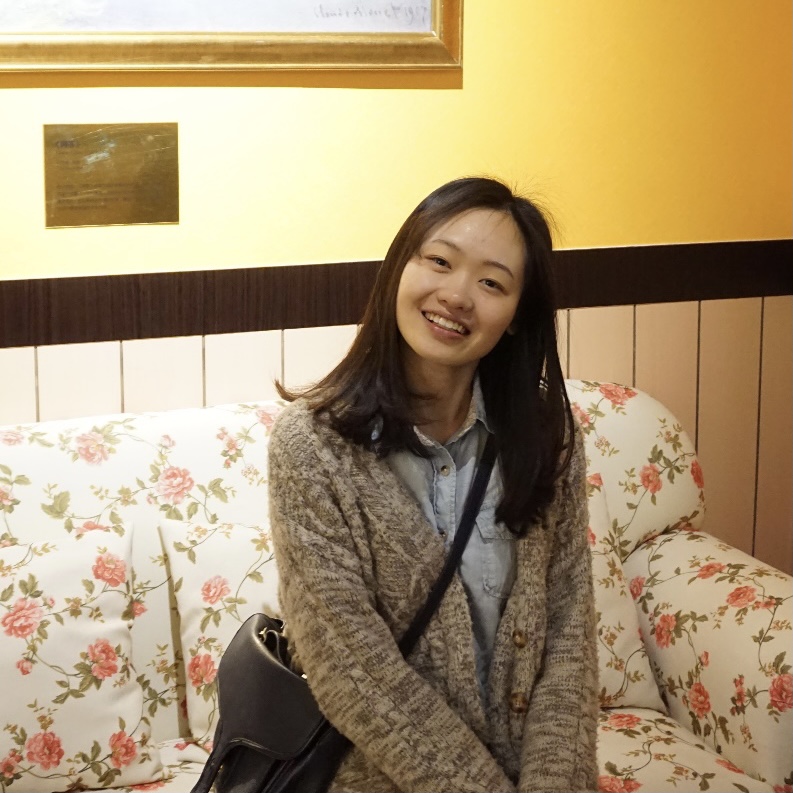
Congmin Yuan
PhD student
Congmin Yuan was a PhD student in Professor Jiguang Wang's group. She obtained her bachelor's degree in Pharmacy at Fudan University in 2016 and proceeded with her MSc study in Professor Wei Fu's lab in the Department of Medicinal Chemistry at Fudan University. Her previous research focused on drug discovery and molecular simulation. She is now working at CITIC Securities as an industry analyst.

Mengqi YANG (楊夢琦)
PhD student (Primary advisor: Prof. Kun SUN)
Mengqi YANG completed her Ph.D. in Life Science (joint program with Shen Zhen Bay Lab, Professor Kun SUN) at Wang Lab. During her Ph.D. studies, she focused on non-invasive cancer diagnosis and cancer metastasis mechanism exploration by integrating bioinformatic methods. She previously obtained her bachelor's degree at Jinan University in 2019 (neurotoxicology research) and her Master's degree in Biotechnology at HKUST in 2020, and also worked as a research assistant in Prof. Kun SUN's lab between 2021 and 2023.
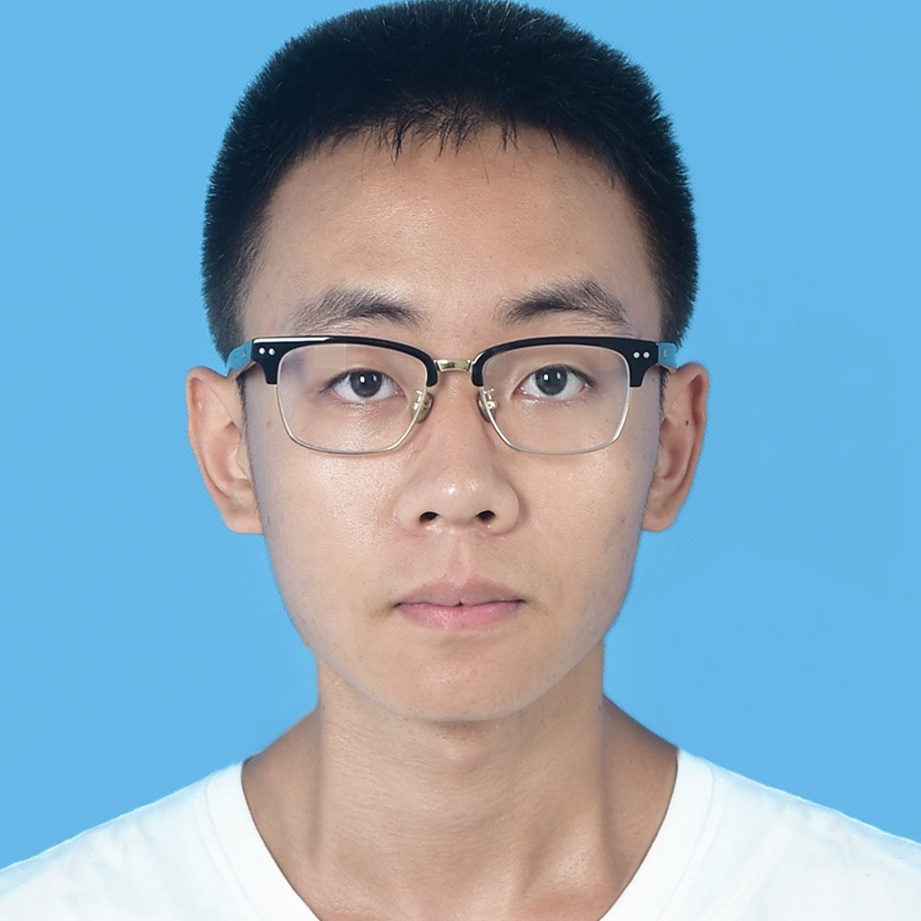
Kewei XIONG (熊可為)
PhD student (Primary advisor: Prof. Lei Li)
Kewei XIONG completed his Ph.D. in Life Science (scientific computational concentration) at Wang Lab. His doctoral research centered on developing single-cell algorithms for studying cancer and gene regulation. He received his bachelor's degree from Central China Normal University.
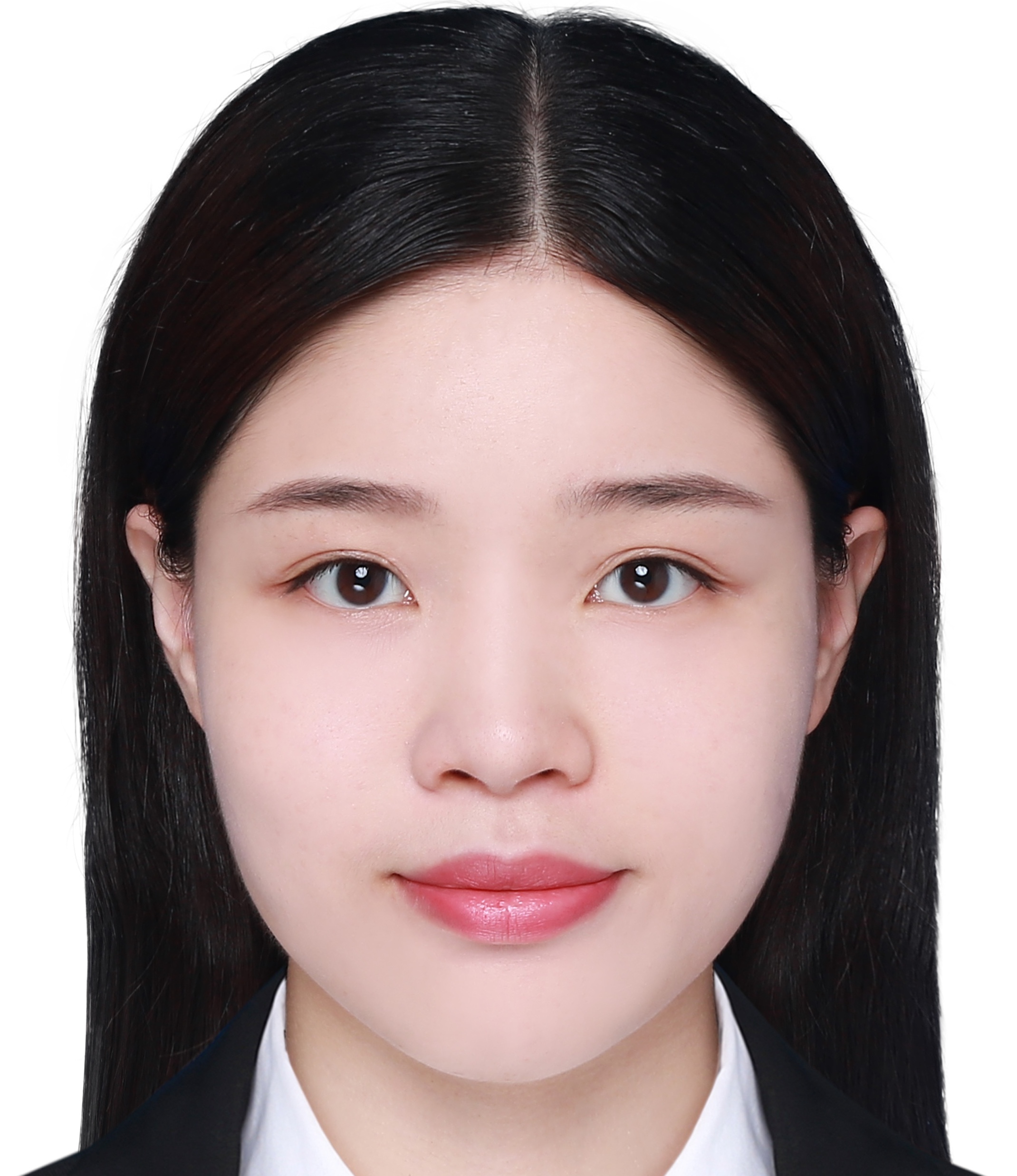
Xuyi Liu (劉旭一)
PhD student (Primary advisor: Prof. Xiaoguang LEI)
Xuyi LIU completed her Ph.D. in Life Science (joint program with Shen Zhen Bay Lab, Professor Xiaoguang LEI) at Wang Lab. Her Ph.D. research focused on the discovery and development of small-molecule drugs. She earned her bachelor's degree in Medicinal Chemistry from China Pharmaceutical University in 2019 and a Master's degree in Medicinal Chemistry at the Shanghai Institute of Materia Medica (SIMM) in 2022, and worked as a research assistant in Professor Lei's lab from 2022 to 2024.

Can NI (倪燦)
MPhil student (Primary advisor: Prof. Qinglu ZENG)
Can NI completed her MPhil in Ocean Science (OCES) under the supervision of Prof. Qinglu ZENG and Prof. Jiguang WANG. During her MPhil studies, she worked on the genomic analysis of marine bacteria and phages, following her previous research on genomic characteristics and microbial interactions of pathogenic bacteria in the environment and human gut.
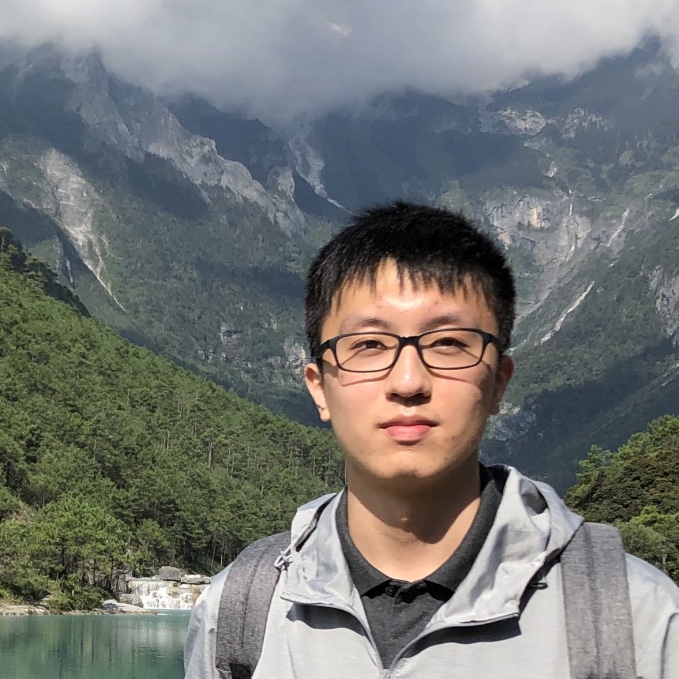
Zhihan Zhu
MPhil Student and Research Assistant
Zhihan Zhu is a MPhil student (2020-2022) and Research Assistant (2022-2023) in bioengineering (scientific computation) at the Wang Lab. He received his Bachelor's degree from South China University of Technology, China. He worked on developing novel methods to find AMR-related genes using NGS technology at BGI as a student intern. He focused on multi-omics tools developing during his journey in Wang lab. He is now pursuing his PhD degree in the Max Planck School.
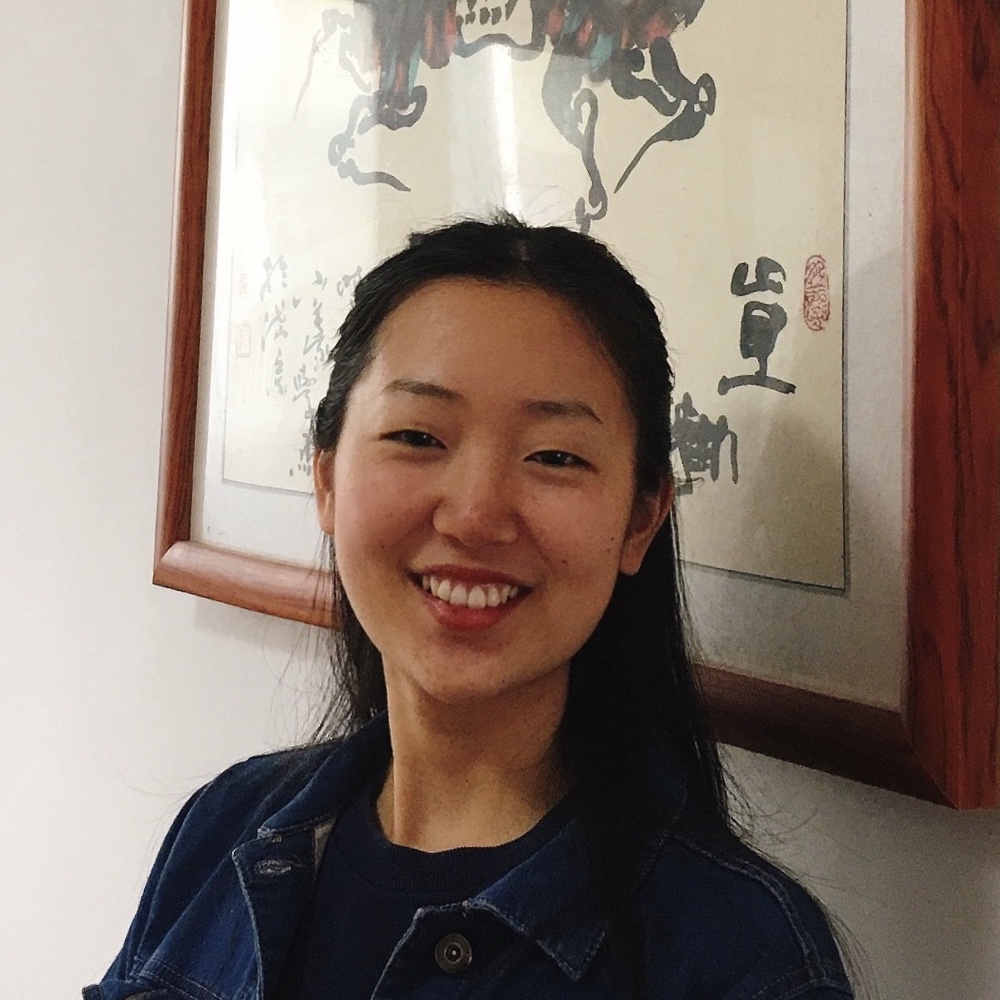
Ruochen Ma
MPhil student
Ruochen Ma was an MPhil student (2021-2023) in life sciences (scientific computation concentration) at the Wang Lab. She received her Bachelor's degree from City University of Hong Kong. She worked on identifying RNA editing derived potential neoantigens in Esophageal Squamous Cell Carcinoma patients at Dr. Wang Xin’s lab at CityU as an FYP student. Now she is pursuing her PhD degree in HKU.
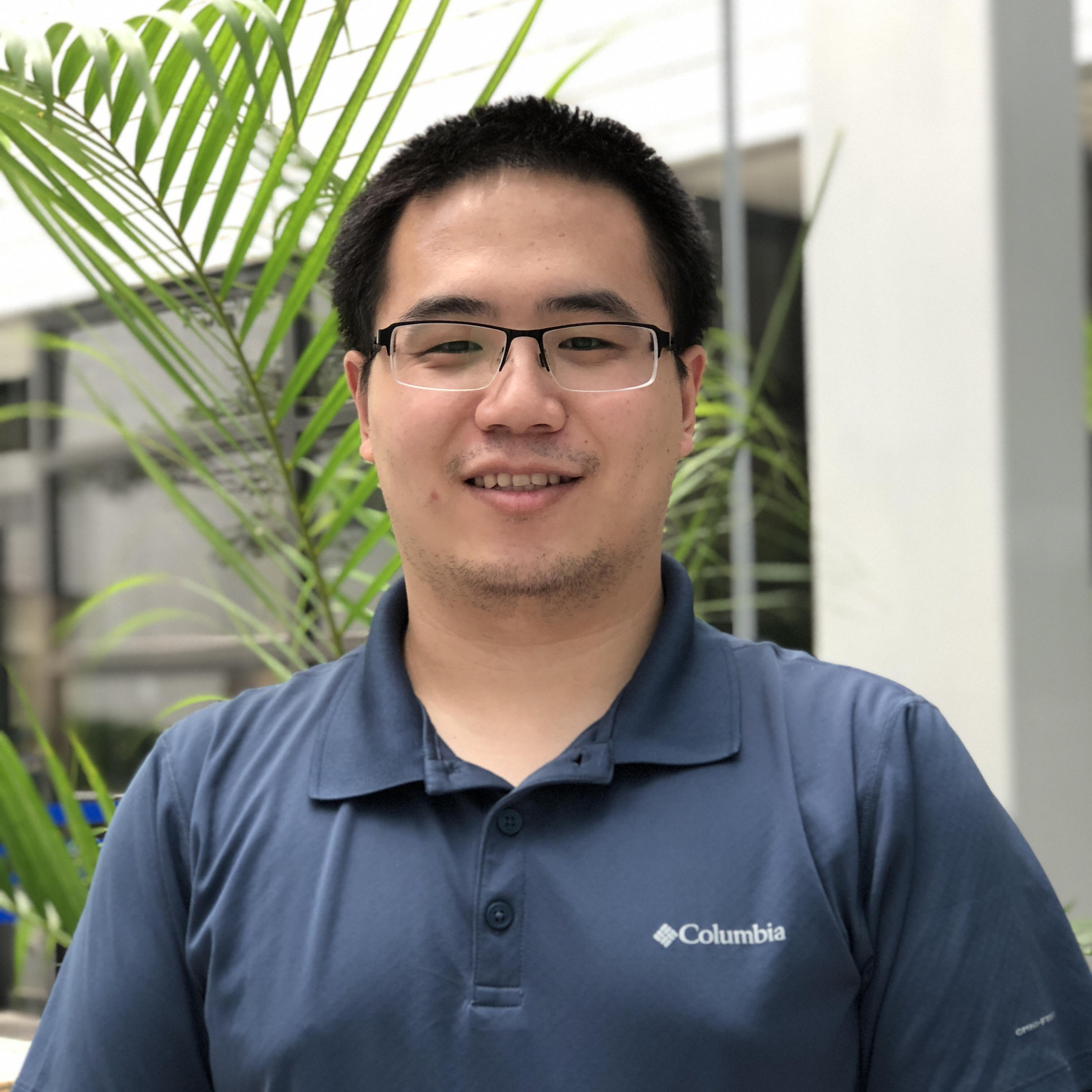
Hanli Huang
MPhil student
Hanli Huang was a MPhil student at Prof. Jiguang Wang’s Lab from 2019 to 2022. He obtained his Bachelor degree in Engineering Physics from Tsinghua University, China. Then he focused on developing image process algorithms in Dental Digital Radiography project and Dual Energy X-ray Bone Mineral Density project in Prof. Liang Li's Lab in Department of Engineering Physics at Tsinghua University, China. He joined the Wang Lab as a research assistant to work on radiogenomics. He is now working at Shanghai golden leaf medtech company as a big data algorithms engineer.
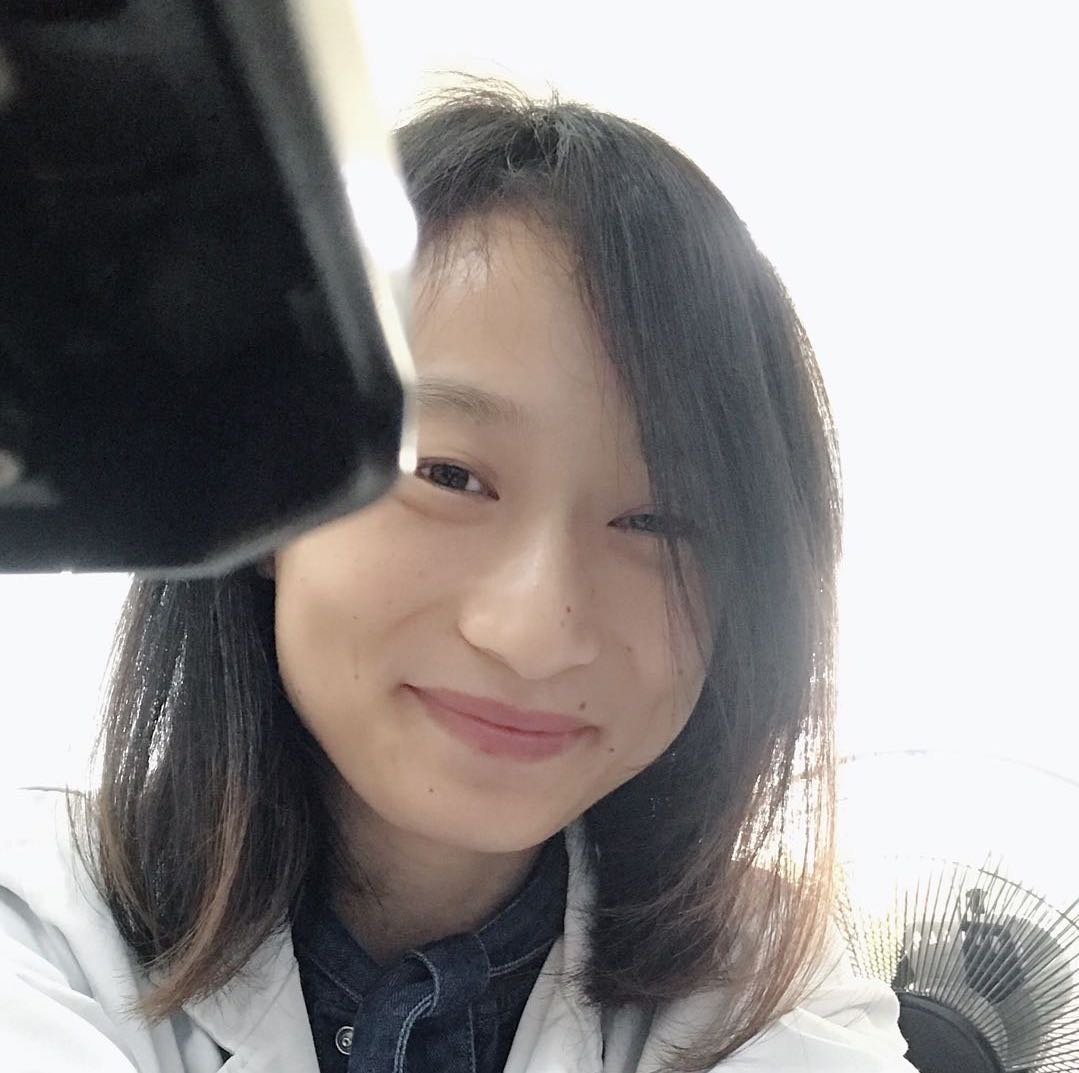
Fufang QIU (裘芙芳)
Visiting Student
2023.10.24 -- 2024.4.19, M.S. in Biotechnology, HKUST
Fufang QIU is a visiting student in Jiguang Wang's Lab. She obtained her Master degree majoring in Biotechnology at Hong Kong University of Science and Technology. She obtained her Bachelor of Medical Science in the Wenzhou Medical University in 2011. After graduated, she worked as a doctor at the pathological department in the People’s Hospital of Fenghua for 7 years. She joined Wang's Lab in 2018 fall as a research assistant, where she accomplished a research on tumor purity from histological images and cooperated with other member in studies on classifying the subtype of lung cancer using deep learning, and processing and labelling necrosis region in glioma in in histological images.
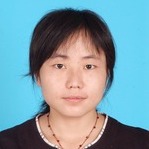
Yongcui Wang
Visiting Professor from CAS
Professor Yongcui Wang was a visiting professor at Professor Jiguang Wang’s Lab. During her visit, she focused on the development of computational models to study cancer drug sensitivity using deep learning algorithms. She obtained her PhD in Applied Mathematics from China Agricultural University, Beijing, China. She has been an Associate Professor in the Northwest Institute of Plateau Biology, Chinese Academy of Science since 2010. She was a visiting scholar in The Laboratory of Applied Bioinformatics, University of Kansas, a guest researcher in Biometric Research Branch, Division of Cancer Treatment and Diagnosis, National Cancer Institute, and a postdoc in Center for Bioinformatics & Systems Biology, Department of Radiology, Wake Forest School of Medicine. Her major research areas include data mining, machine learning and statistics.
Ming Hong LUI
Mphil Student
Ming Hong (James) was in Wang lab from 2017 to 2020, sequentially as a UG intern and an MPhil student of Bioengineering. In his undergraduate studies he explored multiple fields including molecular cloning and light sheet microscopy before locating his interests in computational biology. He did his UROP projec and FYP under the supervision of Prof. Jiguang Wang. In his postgraduate study, he was working on the phenotypic and genotypic analyses of brain cancer and single cell APA project. He won the 1st Runner-Up of the Hong Kong Medical & Healthcare Device Industries Association (HKMHDIA) Student Research Award, Joseph Needham Merit Scholarship, and the HKPFS in 2020, and he is now pursuing his PhD degree in a program, named Matter to Life, organized by the Max Planck School.
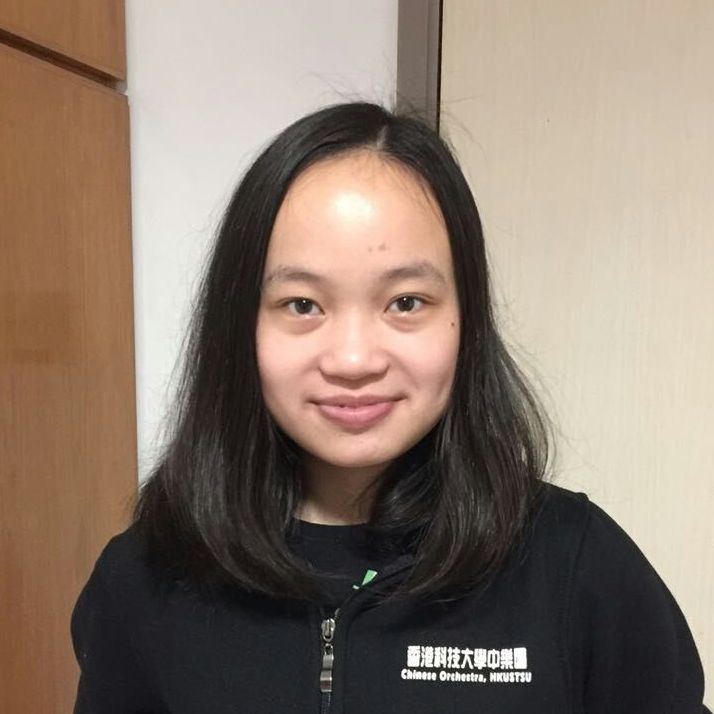
Hongyu Shi
Undergraduate Student
Hongyu Shi conducted her undergraduate research (UROP project, FYP, as well as a period of RA) at Professor Jiguang Wang’s Lab from February 2017 to June 2018. During the period, she helped with data visualization and web development. In addition, she focused on two major projects: 1) development of FLORA for identifying functional long noncoding RNA from RNA sequencing data, and 2) the study of allele specific expression in cancer. She obtained her Bachelor degree in Biochemistry and Cell Biology from HKUST in 2018, and she is now pursuing her PhD degree at Gerstner Sloan-Kettering Graduate School of Biomedical Sciences in the Memorial Sloan Kettering Cancer Center.

Paula Weidemüller
Intern PG Student from Heidelberg University
Paula Weidumüller worked as a postgraduate intern in Professor Jiguang Wang’s Lab between September 2018 and December 2018. She obtained her Bachelor degree in Molecular Life Sciences at the University of Hamburg. During her internship in Hong Kong, she worked on the coevolution of cyanophages with cyanobacteria in collaboration with Professor Qinglu Zeng. In addition, she also investigated the coevolution of the Hepatitis-B virus (HBV) with hepatocellular carcinoma (HCC). She is now pursuing her Master degree in Systems Biology at Heidelberg University. Meanwhile, she is still actively collaborating with Wang Lab to finalize different projects.
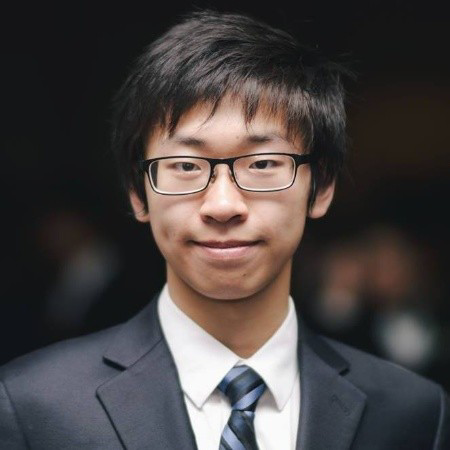
Lawrence Wong
Exchange student from MIT
Lawrence Wong was an undergraduate exchange student working on an IROP project in Professor Jiguang Wang’s Lab in summer 2018. During the period, he developed a computational pipeline for mutation detection in RNA sequencing data. He is expected to obtain his Bachelor degree in Computer Science and Molecular Biology from Massachusetts Institute of Technology (MIT) in 2020.
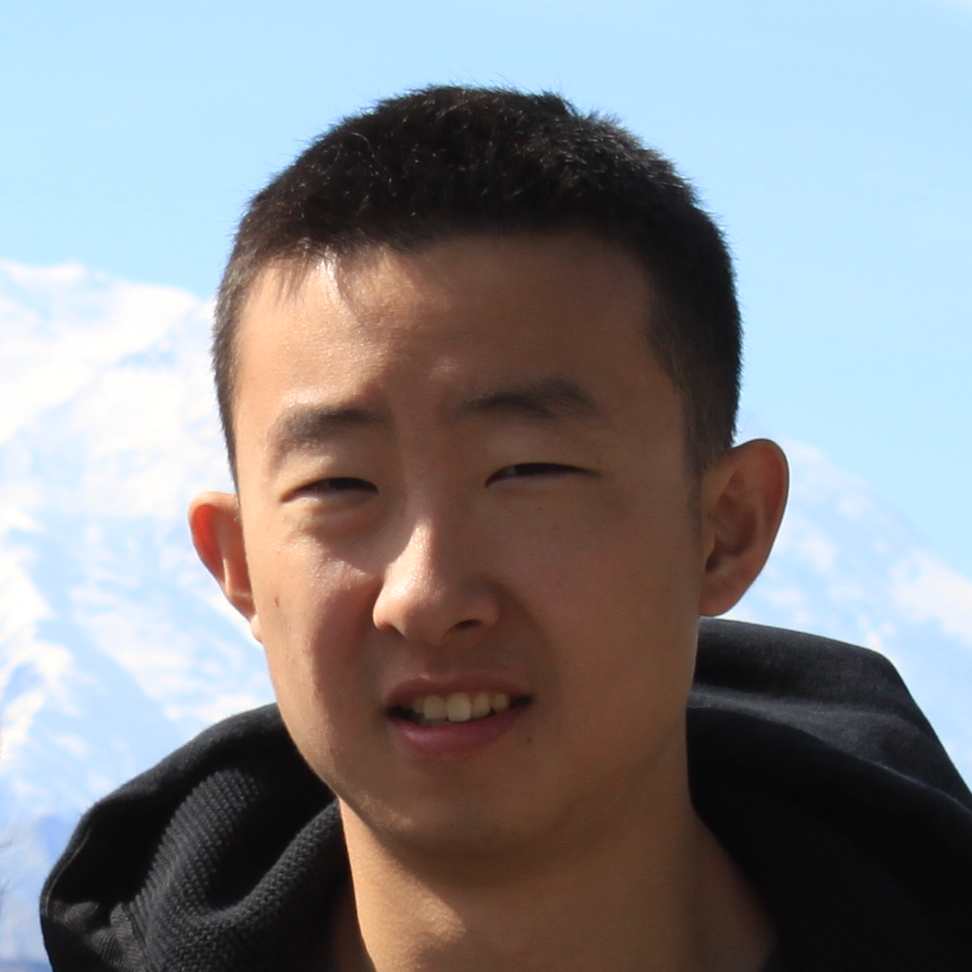
Mingrui Jiang
Research Assistant
Mingrui Jiang was a Research Assistant in Professor Jiguang Wang’s Lab from March 2018 to March 2019. He worked on radiogenomics and medical image analysis. He obtained his Bachelor degree in Computer Science and Economics from University of Michigan Ann Arbor, Michigan, USA. He is now running a start-up company named Bit Capital.
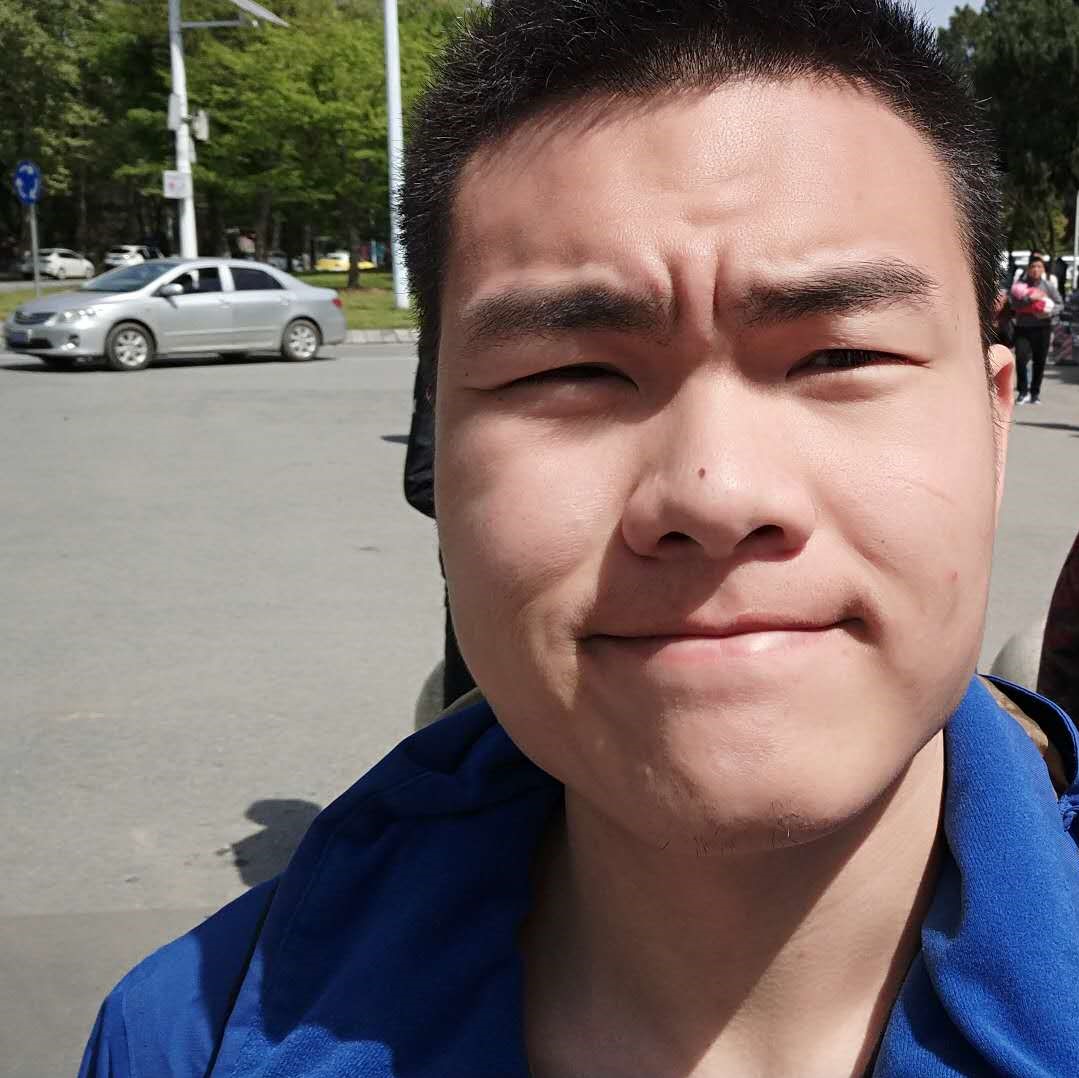
Xiangcheng Shi
MSc Student
Xiangcheng Shi was an MSc Student in Professor Jiguang Wang's Lab from September 2018 to September 2019. In this period, he was developing a computational method to automatically distinguish the origins of cancer cells based on digital pathology, in collaboration with Mingrui Jiang and Hanli Huang. He obtained his Bachelor of Science at Inner Mongolia University in 2017. After graduation, he worked as a research assistant at the Department of Mechanical and Energy Engineering in the Southern University of Science and Technology for one year. He will pursue his PhD degree in the Department of Chemistry at the National University of Singapore.
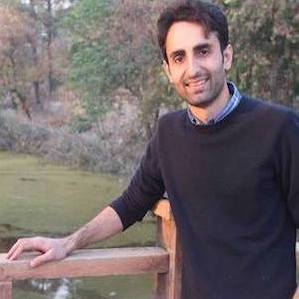
Nasir Mahmood Abbasi
Research Assistant
Nasir Mahmood Abbasi was a Research Assistant in Professor Jiguang Wang’s Lab. At Wang Lab, he worked on the development of computational pipelines and webpage maintenance. He obtained his Master degree in Bioinformatics from Uppsala University, Sweden. He has also worked as a Research Assistant on the bioinformatic analysis of bacterial genome in Sweden, followed by another project on the bioinformatics analysis of Bacteroidetes with Francisco Rodriguez in Miguel Hernández University of Elche, Spain.
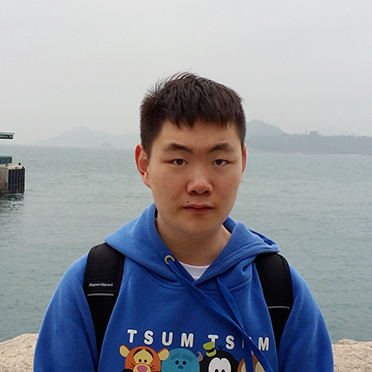
Shengshuo Huang
Mphil student
Shengshuo Huang was an MPhil student in Professor Jiguang Wang's Lab at Division of Life Science from February 2018 to June 2020. He obtained his Bachelor degree in Biotechnology (Bioinformatics) with a minor in Arts at Shanghai Jiao Tong University in 2017. During his undergraduate studies, he focused on molecular dynamics simulation and computer aided drug design in Prof. Fang WU's Lab in Shanghai Center for Systems Biomedicine, China. Then he visited Prof. Luonan Chen's Lab in Shanghai Institutes for Biological Science, CAS, China during 2017 Fall term, where he worked on SCLC sequence analysis. During the period at Wang Lab, his research focused on functional prediction of lncRNA and single cell RNA sequence analysis for cancer treatments.
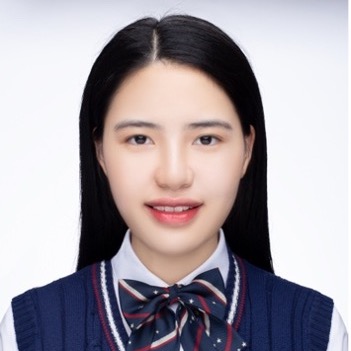
Qi AN (安淇)
MPhil student
Qi AN was an MPhil student in Life Science at the Wang Lab. She completed her bachelor's degree at the University of Melbourne in 2020, where her studies revolved around investigating host immune responses to microbes. She then obtained a master's degree in Biotechnology at HKUST in 2023. Her research focused on unravelling the mechanism of driver genes for rare tumours by combining wet lab experimentation with bioinformatics methods.
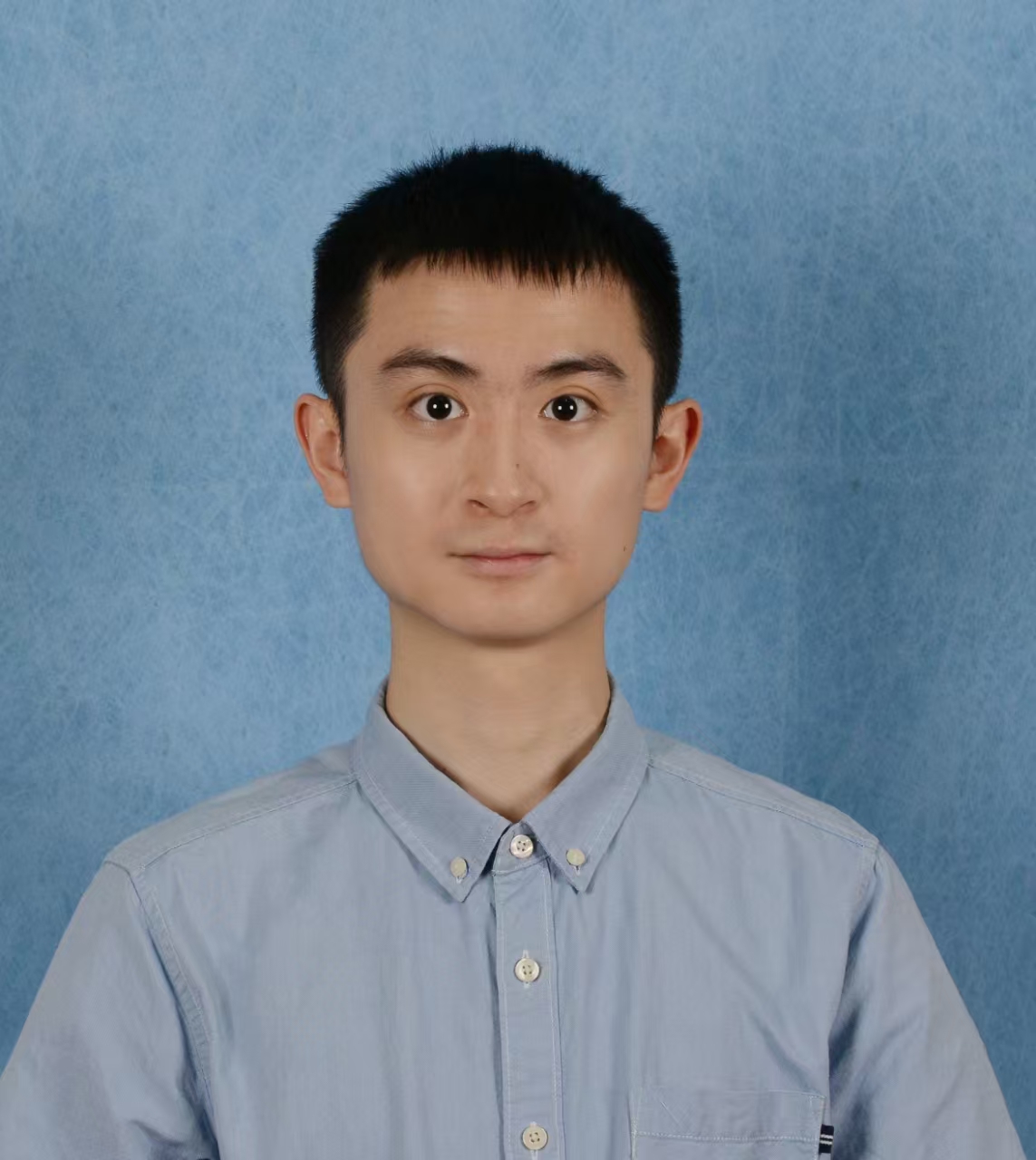
Yonghong LAI (賴泳宏)
Research Assistant
Yonghong LAI was a Research Assistant in Professor Jiguang WANG's group. He obtained his Bachelor's degree in Clinical Medicine and Master's degree in Oncology at Southern Medical University in 2021 and 2024, respectively. His research focused on the molecular mechanisms of drug resistance, particularly in the immunotherapy of hepatocellular carcinoma.
